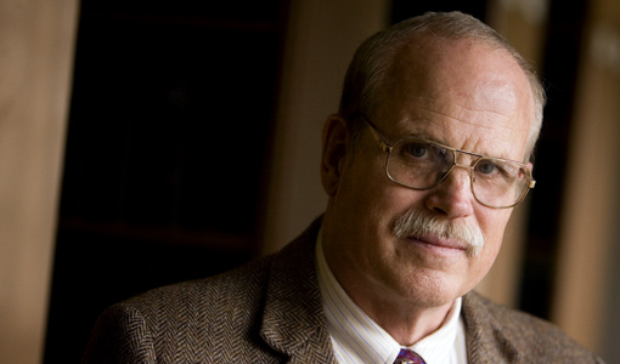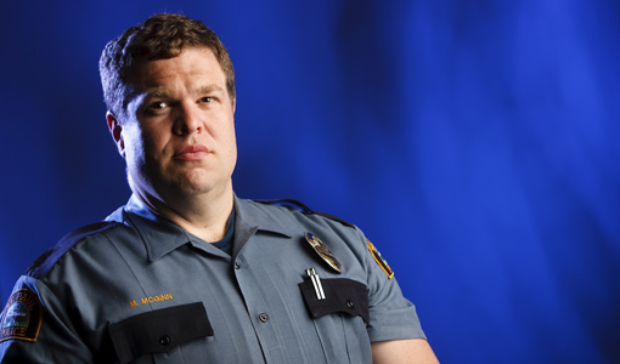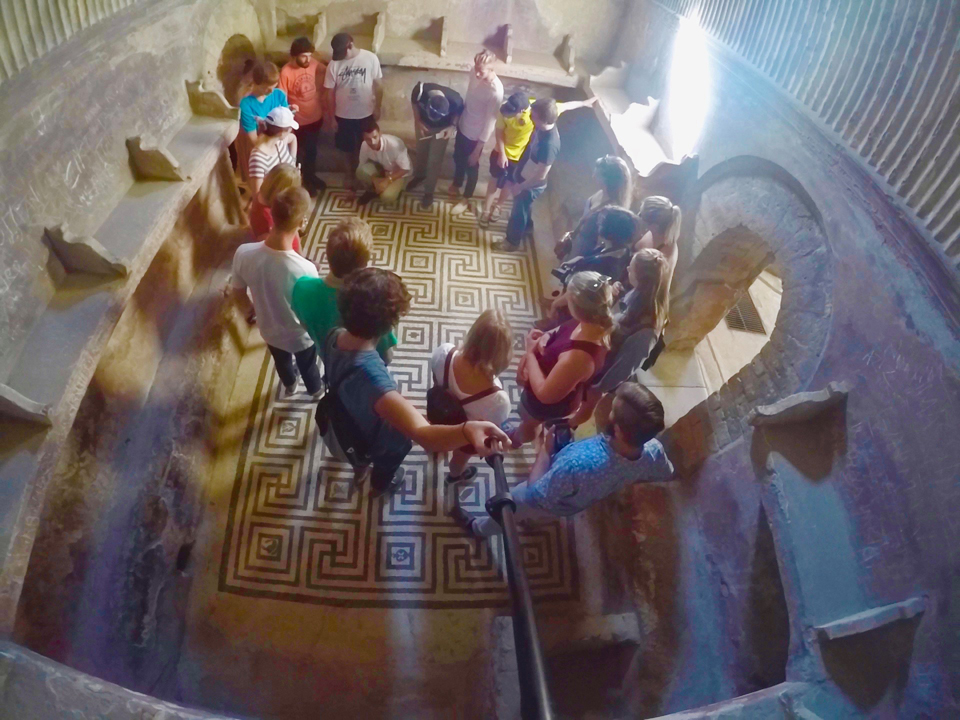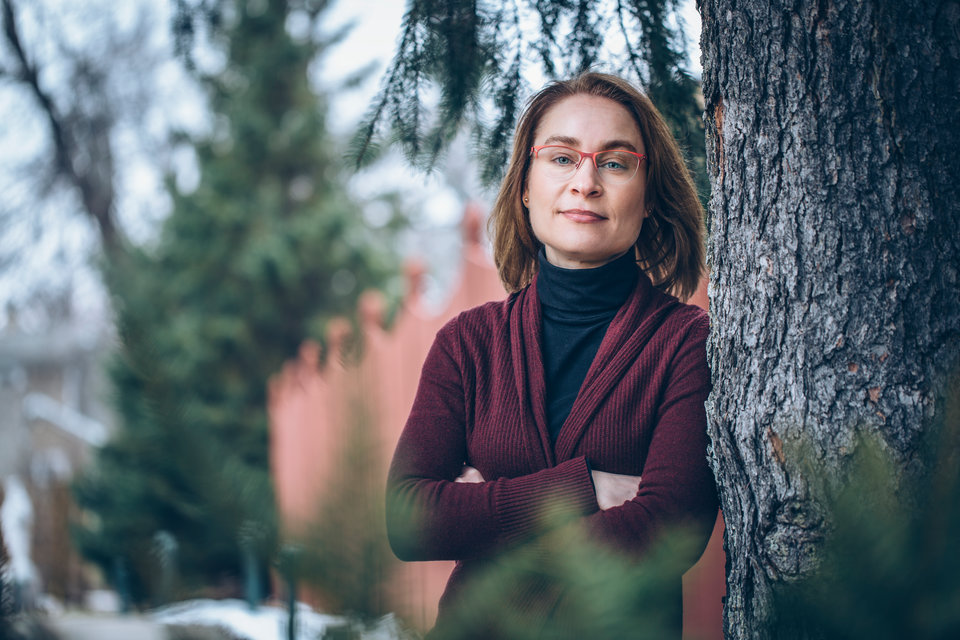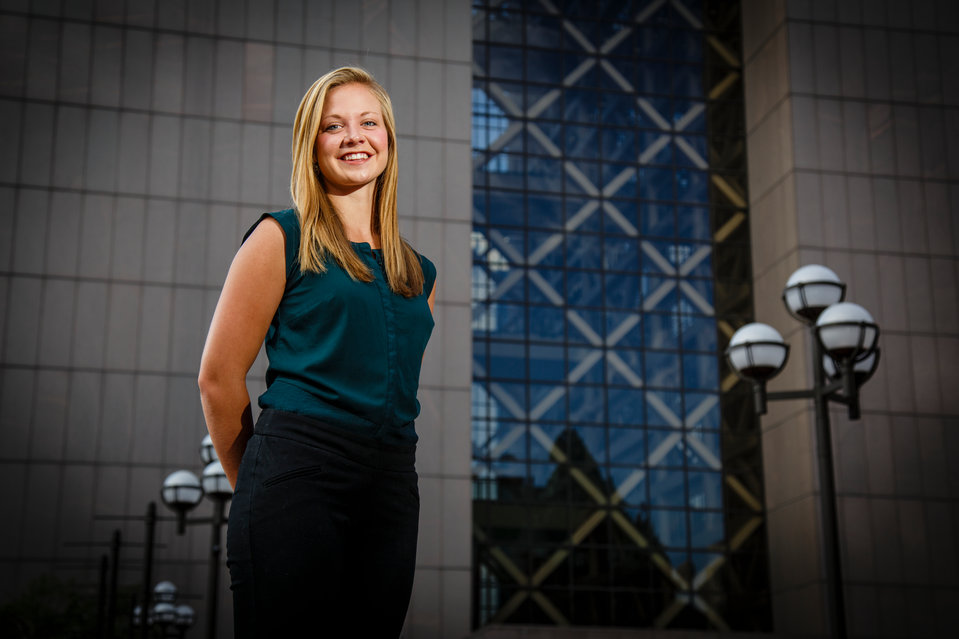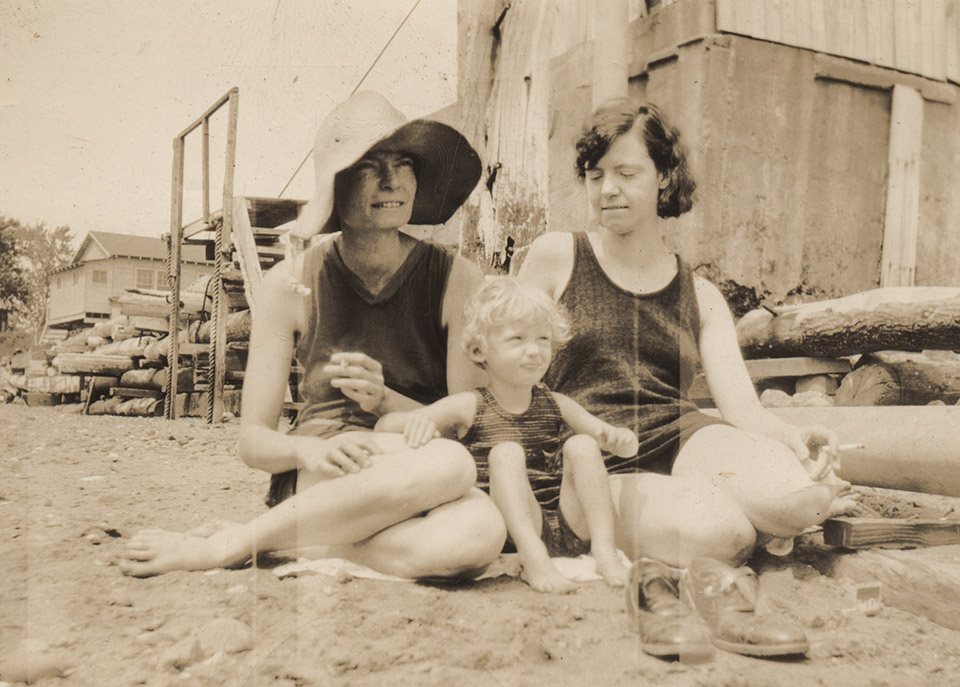In the spring of 2002, I was staying at the Bernardi Campus in Rome and teaching a Catholic Studies course called Catholic Classics. I met with about 25 students once a week at the Angelicum University to discuss some classics of Catholic writing: St. Augustine’s City of God, Dante’s Divine Comedy and other texts.
My students were very bright, however, and we did not have enough class time to cover all the questions that surfaced. One of the class members mentioned something called “Theology on Tap,” a discussion of theological topics with young adults in a social setting. I had never heard of it, but thought it was a good idea, so we started meeting as a class weekly during the last half of the semester.
At first we met in locations near the Bernardi campus. But we were competing with too much noise, so it was hard to sustain a theological discussion. Finally, I arranged to have our meetings on the roof of the Bernardi Campus – a three-story building along the Tiber River. The rooftop was set up as a patio, giving us a splendid view of the city and a quiet atmosphere for discussion. Although I did not realize it at the time, this was the beginning of Theology on Tap at St. Thomas. (Theology on Tap actually had been started by the Archdiocese of Chicago in 1981 as a way of engaging young adults in theological discussions.)
Shortly after returning to the United States from Rome, I became chair of the Theology Department in July 2002. (Actually, I had been notified by e-mail when I was in Rome in the spring that I was to be chair. This is what happens when you miss an important department meeting: you might get appointed to a position you aren’t sure you want.) In the fall of 2002, we launched a Theology on Tap series at St. Thomas, especially for Theology 101 students. As was the case in my class in Rome, there are many questions which come up in a typical Theo 101 class that cannot be discussed in depth because of time constraints. I thought Theology on Tap would be a good venue to pursue such questions.
What is the purpose of Theology on Tap? To explain this we first have to consider for a moment what theology is. One way to define theology is that it is the academic discipline which studies or tries to understand God and God’s relation to us and to our world; thus, the focus is on understanding and on critical thinking.
We do not ask students to accept Christian or Catholic beliefs – that is up to them; rather, we ask that they try to understand what the Christian theological tradition teaches about God, human beings and the world, and why.
Theology might seem abstract and speculative, but in fact it raises many questions that are deeply personal and practical. For example, Christian (and Jewish and Islamic) theology teaches that each person is created by God. How does that relate to the whole process of human evolution? If I am created by God, does that mean that God has a purpose for my life? What about my career – should I think of it as just a job, or as part of God’s purpose for my life – a calling from God? And what does Christianity have to say about marriage, sex, love and family life? What happens to us after we die? How does Christianity relate to other world religions?
All of these are questions that we have discussed in various Theology on Tap sessions. We hope students begin thinking about and discussing these issues outside the classroom. This is important to Christian students, but it is also of interest to nonbelievers. Religion is a major factor in people’s behavior and in world affairs, and it is important even for nonbelievers to have some understanding of it.
We typically draw 60 to 90 students for each Theology on Tap session. Over the years, we have covered a wide variety of topics. Some of them are practical, like John Buri’s presentation on “Love, Sex and Marriage,” Peter Feldmeier’s talk on “How to Pray,” or Michael Naughton’s “Strategies to Live: From Career to Calling.” Some are specifically theological, such as Father Michael Keating’s presentation on the Eucharist, John Marten’s discussion on “The End of the World,” or my discussion on “Who is in Heaven.” Some sessions concern theology and science (Philip Rolnick’s “Four Evolutionary Challenges and Their Theological Advantages,” Cara Anthony’s presentation on “Christianity and the Environment”), some concern morals issues, some Christianity and other religions, and some focus on current topics, like David Landry’s “Cracking the DaVinci Code.” Each presentation lasts about 45 minutes and then the floor is open for discussion. Presentations are typically given from a Catholic and ecumenical perspective.
The remaining meetings will be held from 5 to 6:15 p.m. in Koch Commons on the St. Paul campus on Nov. 4 and 18. All are welcome. We hope to see you there.
Read more from CAS Spotlight
